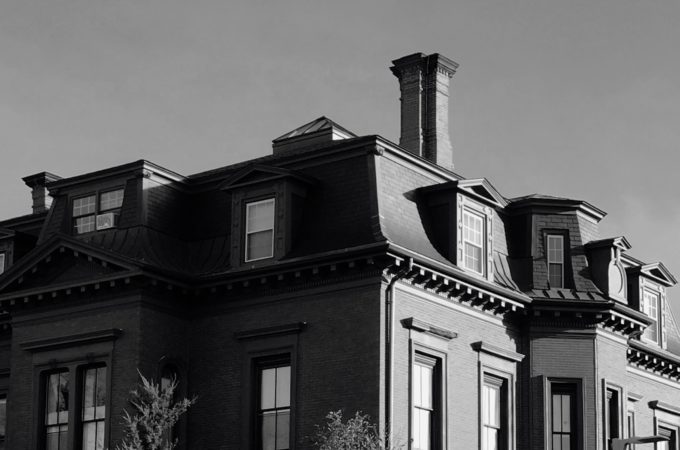A person’s house is often their most valuable assets – both monetarily and emotionally. As a result, testators tend to put a lot of thought into who, and how, they wish to leave their house. However, as is always the case, best laid plans often go awry. One example of this, explored in the 2022 Court of Appeal of Ontario decision Barsoski Estate v Wesley, is when it is unclear whether the will gifts someone with a life interest in the house or a licence to use the property.
Diane died in 2017. The primary beneficiaries of Diane’s estate were her close friend, Robert, and St. Stephen’s Community House. In her will, Diane directed her estate trustees to hold her house (located in London, Ontario) and its contents “as a home” for Robert during his lifetime “or for such shorter period as [he] desires.” The will went on to say: “Upon the earlier of [Robert] advising my Trustees that he no longer wishes to live in the House, [Robert] no longer living in the house, and [Robert’s] death, the House shall be sold and the proceeds shall be delivered to St. Stephen’s Community House …”
After Diane’s death, St. Stephen’s funded a private investigation which revealed that Robert had allowed a friend to live in Diane’s house while he continued to live and work in Toronto (and later in Sault Ste. Marie). St. Stephen’s argued that, since Robert was not living in the home, it should be sold and the proceeds distributed to the charity.
The estate trustee brought an application for directions to determine (i) the nature of Robert’s interest in the house and (ii) whether the condition on his interest was void for uncertainty.
The application judge first reviewed the difference between a licence and a life interest:
- A licence with respect to real property is a privilege (or permission) to go on the premises for a certain purpose, but does not confer on the licensee any title in the property.
- A life estate grants the holder the right to the immediate possession of the property and its use as an owner, subject to some restrictions necessary to protect the rights of the person entitled to the property at the end of the life interest.
The application judge then reviewed the principles of will interpretation and relevant case law. Because there is no standard or necessary language which creates a licence to use a property as opposed to a life interest in the property, the case law was often irreconcilable: the same words, when used in different wills with different contexts, was interpreted in one situation as giving rise to a licence and in another situation as giving rise to a life interest. As a result, the case law provided limited assistance.
The application judge rested her decision that the will created a licence, not a life interest, on three factors: (i) the will vested the property in the estate trustee, not Robert directly; (ii) the will created a $500,000 trust to pay for the maintenance of the home first, then to pay for Robert’s accommodations once he left the home; and (iii) Robert and Diane were friends, not family.
The Court of Appeal found that the application judge had committed a palpable and overriding error in this line of reasoning. The Court of Appeal held that greater weight should have been placed on contextual factors, rather than the text itself. In particular, greater emphasis should have been given to the close nature of the relationship between Diane and Robert, as well as Diane’s demonstrated concern over providing Robert with a place to live after retirement. In particular, the Court of Appeal found that the application judge erred when she found that life interests were not given to mere “friends.” Recent cases acknowledge an expanded definition of “family” and testamentary freedom allows people to benefit friends as generously as blood relations.
However, the Court of Appeal agreed with the application judge’s finding that Diane had attempted to impose a condition subsequent on the gift of the house to Robert by requiring him to “live” in it. Moreover, the Court of Appeal agreed that the condition subsequent was vague and thus void for uncertainty. The requirement that Robert “live” in the house was difficult to define: did Robert’s bi-monthly visits suffice? Did the fact that Robert used the address of the house for his driver’s licence and taxes mean that he “lived” there? Given this uncertain, the condition was void.
Having found that Robert received a life interest in the house, the Court of Appeal was able to void the condition subsequent without the entire gift failing. As a result, Robert received a life interest in the house free and clear of any conditions.
For estate litigators, Barsoski Estate v Wesley raises interesting questions about licences and life interests, the principles of will interpretation, expanding definitions of “family,” and testamentary freedom. For testators, the message of this case is that, while contextual clues can help interpret an ambiguous term in a will, there is no substitution for clear wording.


0 Comments